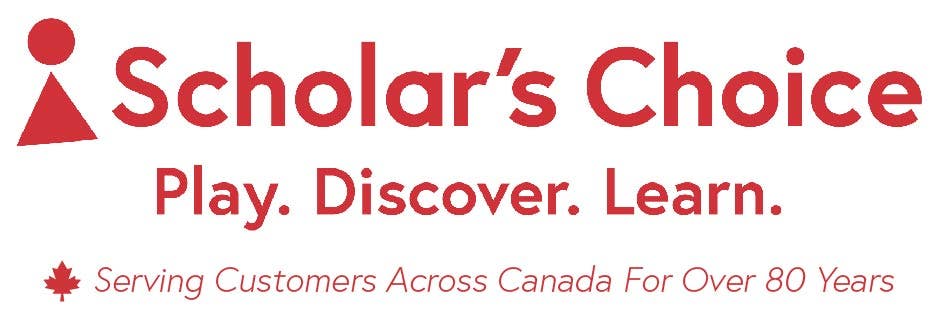Scholar's Choice


Process art refers to an approach to art-making that prioritizes the creative process itself rather than focusing solely on the end product. In process art, the emphasis is on the exploration, experimentation, and personal expression that occur during the artistic journey. Here are some benefits of incorporating process art in early years education:
1) Creativity and Imagination
Process art encourages children to express their creativity and imagination freely. It promotes open-ended exploration, allowing children to experiment with materials, colors, textures, and techniques without the pressure of creating a predetermined outcome. This fosters creative thinking, problem-solving, and the development of artistic skills.
2) Self-Expression and Individuality
Process art values individual expression and honors each child's unique ideas and perspectives. It provides a platform for children to communicate and express themselves visually, allowing them to share their thoughts, emotions, and experiences through their artwork. This supports their self-esteem, self-awareness, and confidence.
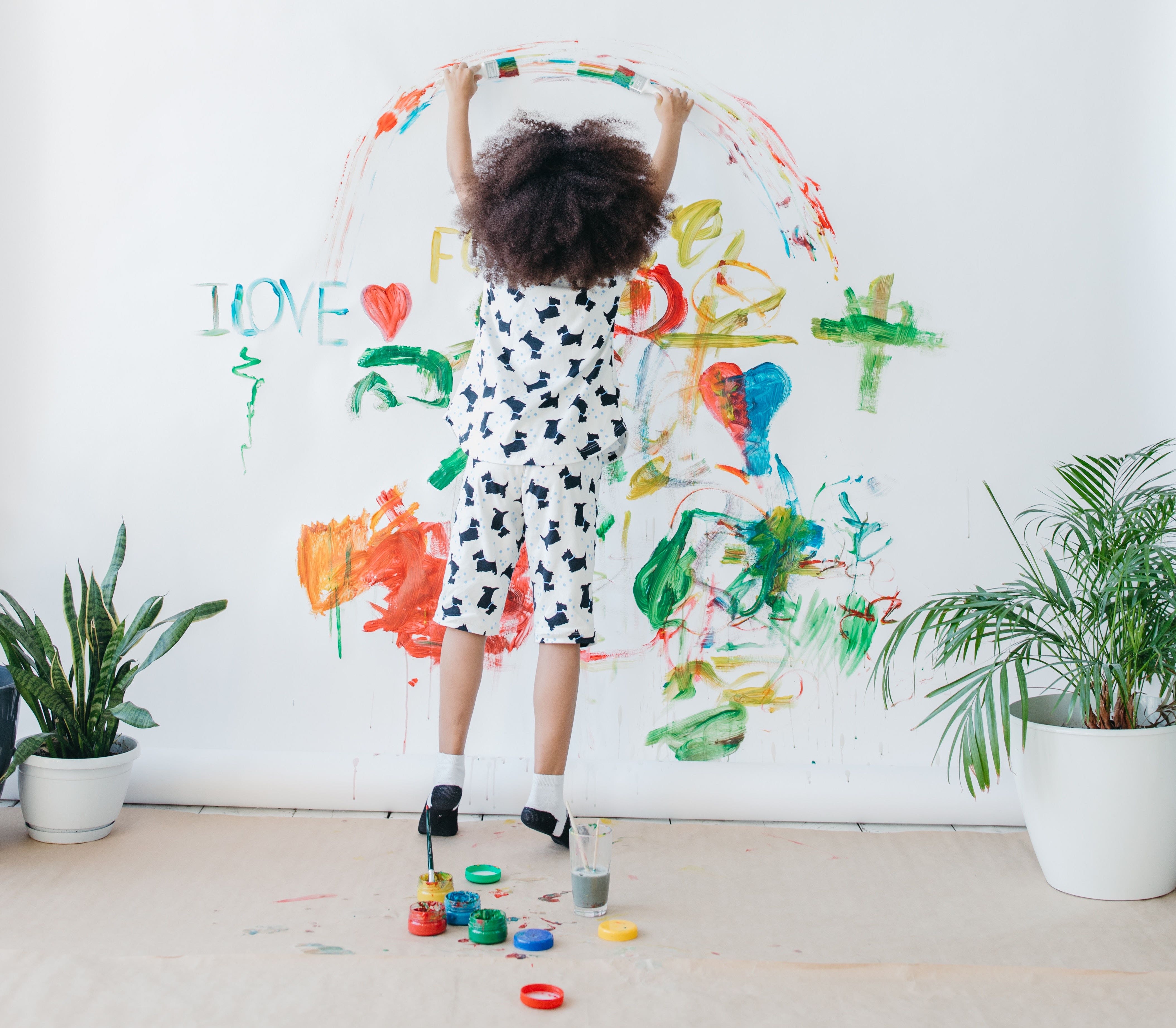

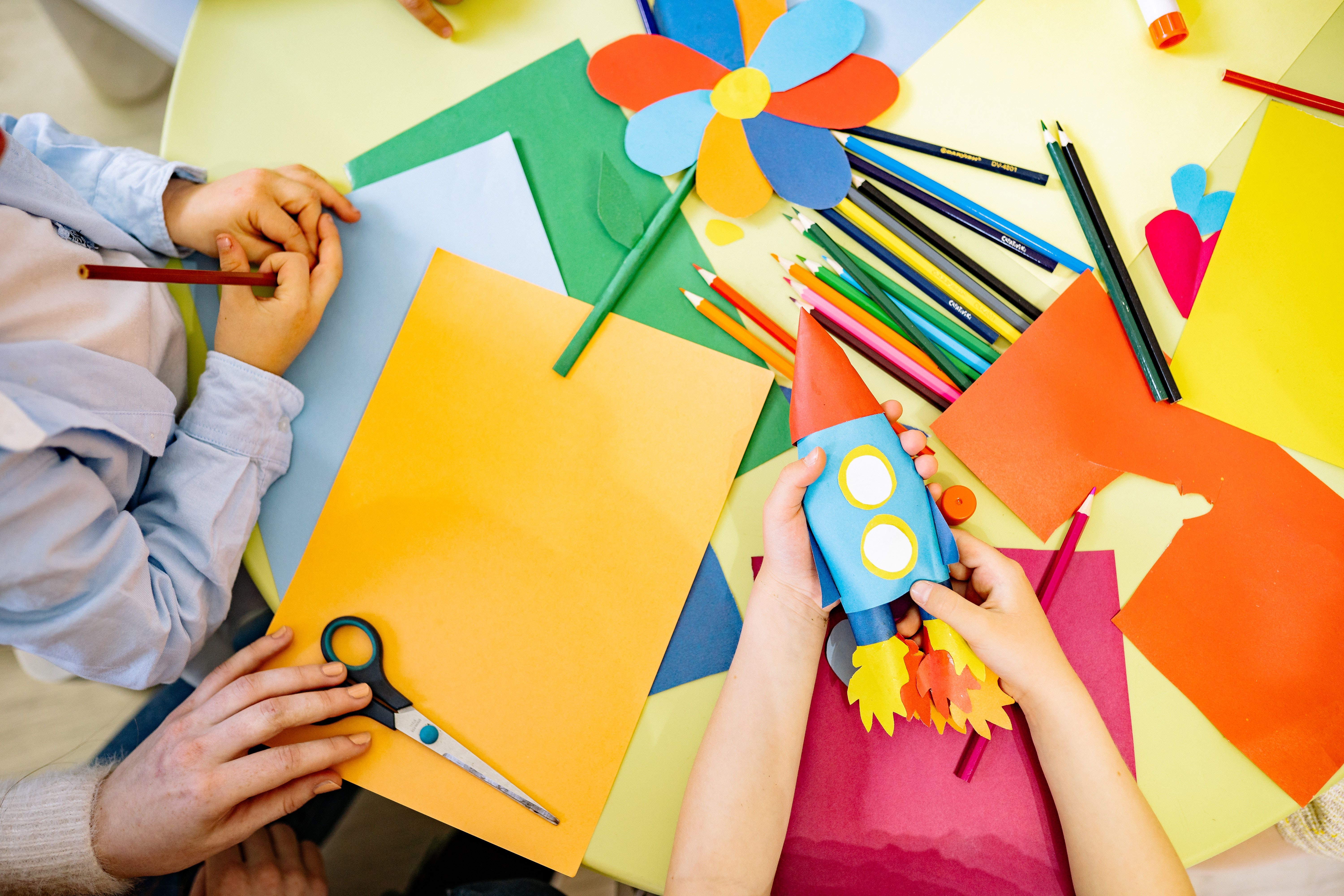

3) Fine Motor Skills
Engaging in process art activities involves various fine motor skills, such as grasping brushes or tools, manipulating materials, and controlling hand movements. Children refine their hand-eye coordination, dexterity, and control over fine motor movements while engaging in artistic exploration.
4) Sensory Exploration
Process art often involves sensory-rich experiences, such as exploring different textures, colors, and materials. Children engage their senses through tactile experiences, visual stimulation, and sometimes even olfactory or auditory elements. This sensory exploration supports sensory integration, cognitive development, and the understanding of the world around them.
7) Focus and Concentration
Engaging in process art requires sustained attention and concentration. As children immerse themselves in artistic exploration, they develop their ability to focus and sustain their attention on a task. This supports the development of concentration skills, attentiveness, and self-regulation.
8) Collaboration and Social Skills
Process art can be a collaborative activity, providing opportunities for children to work together, share ideas, and problem-solve as a group. Collaborative art experiences promote communication, cooperation, and the development of social skills such as sharing, taking turns, and respecting others' perspectives.
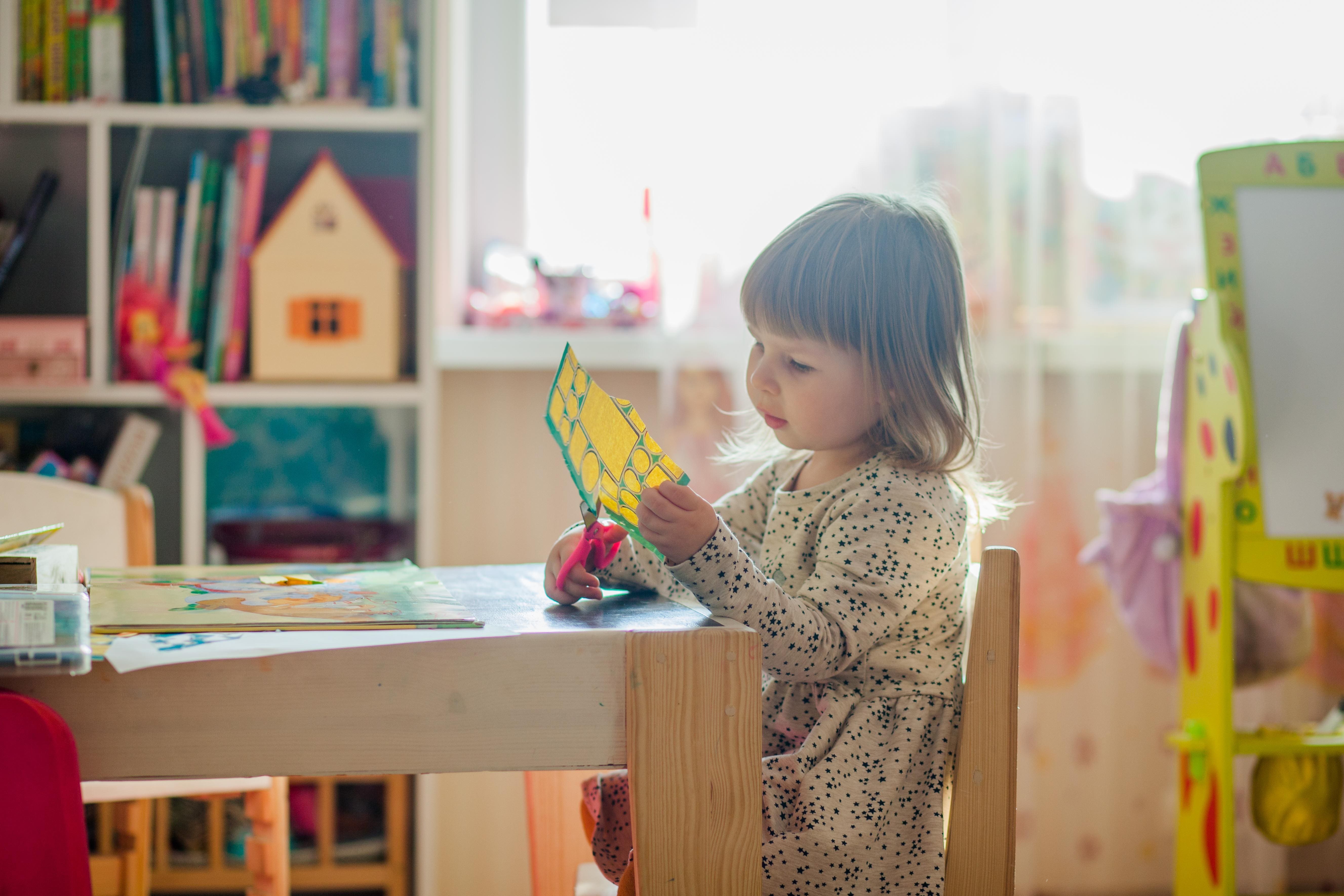

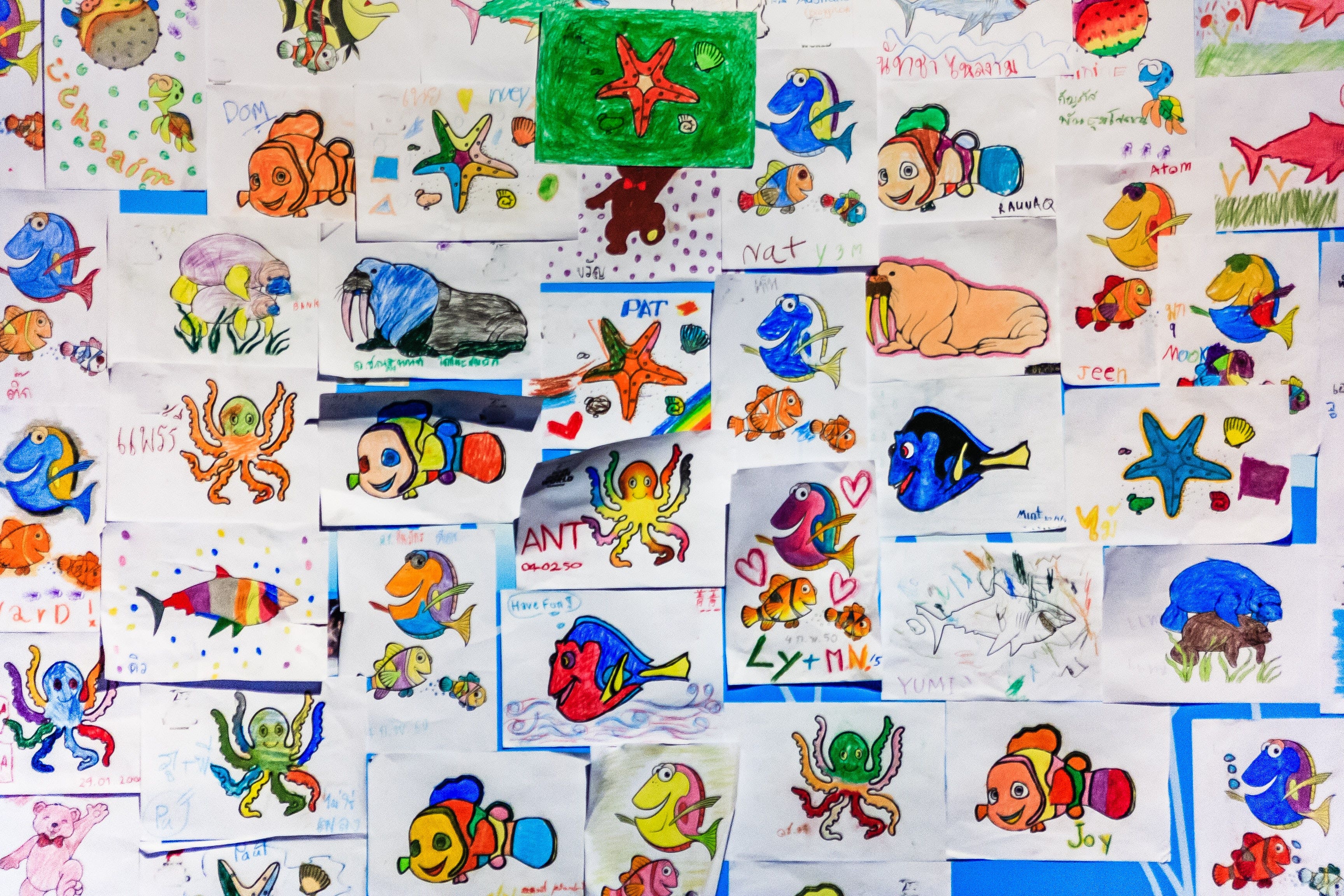

9) Appreciation for Art and Diversity
Process art exposes children to different artistic styles, materials, and cultural influences. They learn to appreciate and value diverse forms of artistic expression, promoting cultural understanding and fostering an appreciation for art as a means of communication and cultural representation.
10) Joy and Personal Fulfillment
Engaging in process art brings joy and a sense of personal fulfillment to children. It allows them to experience the joy of creativity, exploration, and self-expression, promoting a positive attitude towards learning, art, and self-discovery.
Process art values the process of creation and acknowledges that there is no "right" or "wrong" way to create art. It celebrates each child's unique journey and encourages them to find joy and meaning in their artistic endeavors.

